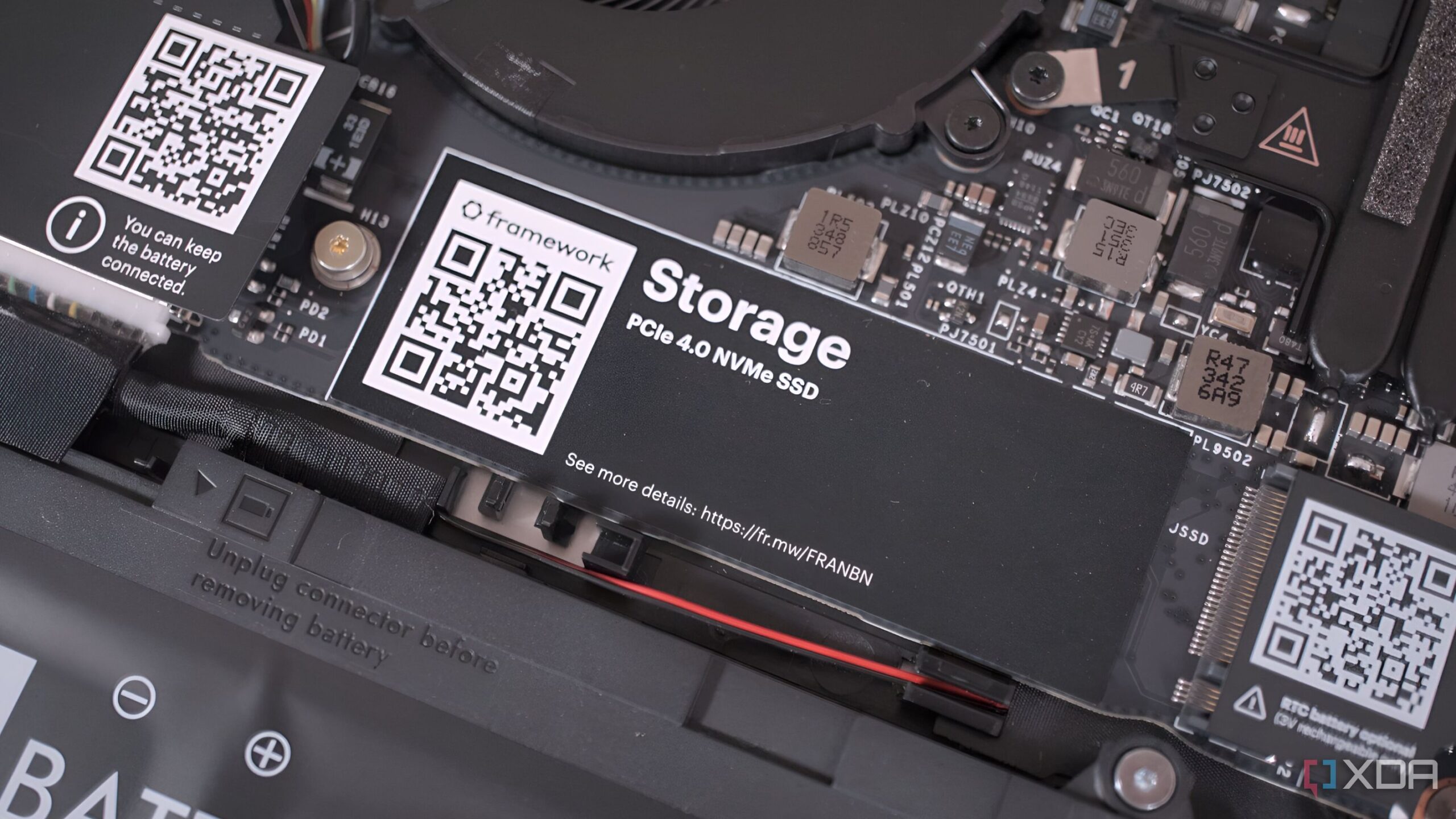UPDATE: New reports confirm that certain software utilities are significantly reducing the lifespan of solid-state drives (SSDs), a major concern for users relying on these high-speed storage devices. As SSDs gain popularity for their performance, many are unaware of how common tools can lead to premature failures.
Just announced findings indicate that four categories of software are particularly harmful to SSD longevity. With users increasingly turning to SSDs for everyday computing, understanding these risks is critical for maintaining device health.
1. Disk Defragmentation Utilities: Traditional disk defragmentation tools can cause unnecessary wear on SSDs. Unlike mechanical drives, SSDs do not benefit from defragmentation due to their lack of moving parts. However, third-party defrag tools can still generate excessive write activity, leading to increased Terabytes Written (TBW). Misconfigured software can silently consume drive life, prompting warnings from community forums about potential issues with older versions of utilities like Norton.
2. Segment-Based Download Managers: Software that downloads files in segments—especially BitTorrent clients—creates fragmented write patterns. This workload, while appearing light, can overwhelm consumer SSDs, particularly high-density QLC (Quad-Level Cell) models. The latest data from Renee Lab’s 2025 NAND management update indicates that these drives are especially vulnerable to random writes, which are intensified by torrenting activities.
3. Synthetic Benchmarks and Stress Testing: Running benchmarking tools in endless loops can lead to severe wear on SSDs. These applications put drives through extreme testing scenarios, consuming large portions of their lifetime write budget. Experts warn that these tests yield diminishing returns after initial runs, making them a risky choice for everyday users who want to preserve their SSDs for the long haul.
4. Cryptocurrency Plotting: Crypto plotting, particularly for proof-of-space currencies like Chia, generates massive write operations, pushing SSDs to their limits. Unlike traditional mining, which minimally stresses drives, plotting involves creating and rewriting enormous temporary files, which can result in several terabytes of writes daily. SSD manufacturers, including Corsair and Crucial, have explicitly stated that such workloads may void warranties, underscoring the severity of the issue.
As SSD technology evolves, users must remain vigilant about the software they employ. The two core metrics to monitor are Terabytes Written (TBW) and Drive Writes Per Day (DWPD), which measure the total data a drive can handle and its daily write capacity. Routine applications like defragmenters, torrent clients, and continuous benchmarks can quickly deplete these limits, leading to reduced drive lifespan.
In light of these findings, users are urged to reconsider their software choices. Simple adjustments can prevent unnecessary wear and extend the life of SSDs, ensuring that these high-speed devices can serve for years rather than months. Share this urgent news to help others protect their investments in SSD technology!
